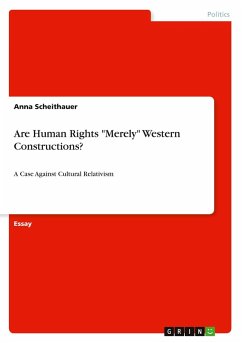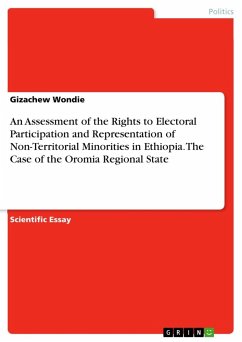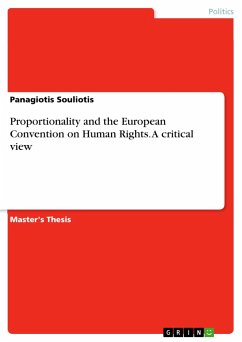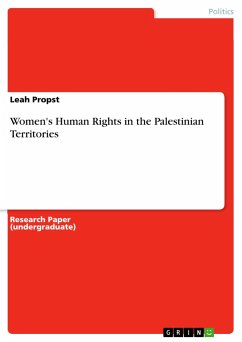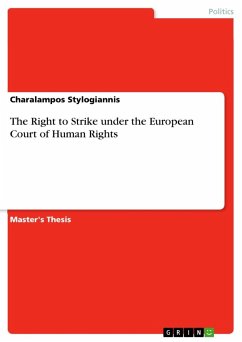Essay from the year 2014 in the subject Politics - International Politics - Topic: Public International Law and Human Rights, grade: 62 (Merit) UK System, University College London (School of Public Policy), language: English, abstract: In this essay, I have focused on the very content of human rights, thereby, relating to the debate between universalist and cultural relativist theory. While the former promotes the idea of equal rights for all human beings and considers culture irrelevant for the validity of moral rights, the latter views culture as the exclusive source of moral rights (Donelly, 1984, 400) and stresses, that "right" and "wrong" differ from culture to culture. (Tilley, 2000, 501) In the light of this debate, I have argued, that human rights are not merely "Western" constructions, as they withstand, despite their historical and geographical significance, accusations of cultural superiority (Tilley, 2000, 527) and of evaluations of other cultures according to the terms and conditions of "Western" culture (Oxford Dictionaries, 2013), or in short: of "Western" ethnocentrism. I have held this premise as response specifically to the allegation of cultural insensitivity brought forward by cultural relativism, which emphasizes human rights' ignorance towards cultural complexities by prioritizing some values over others, thereby, disregarding the collective spirit of some communities. This is said to render the concept of human rights inapplicable in non-"Western" societies. I have counter-argued that the human rights conception is culturally sensitive, as it recognizes diversity of moral views by promoting freedom of choice and the inclusion of voices otherwise left unheard under the umbrella of collectivism. Thereby, I have shown that universal values can indeed be justified, while cultural relativism fails to provide a sufficient explanation for moral validity. In this respect, I shall challenge the term "culture" and will show that human rightsadvocate tolerance. They do so through their stress on the preservation of cultural pluralism. Thus, they are not set out to destroy local culture but rather arguments of authority. (Tesón, 1985, 388) From this I have concluded, that the premise set out above holds true. Consequently, human rights by upholding universal moral values and by promoting cultural diversity, despite their geographical and historical distinctiveness, are more than "Western" constructions.
Hinweis: Dieser Artikel kann nur an eine deutsche Lieferadresse ausgeliefert werden.
Hinweis: Dieser Artikel kann nur an eine deutsche Lieferadresse ausgeliefert werden.

